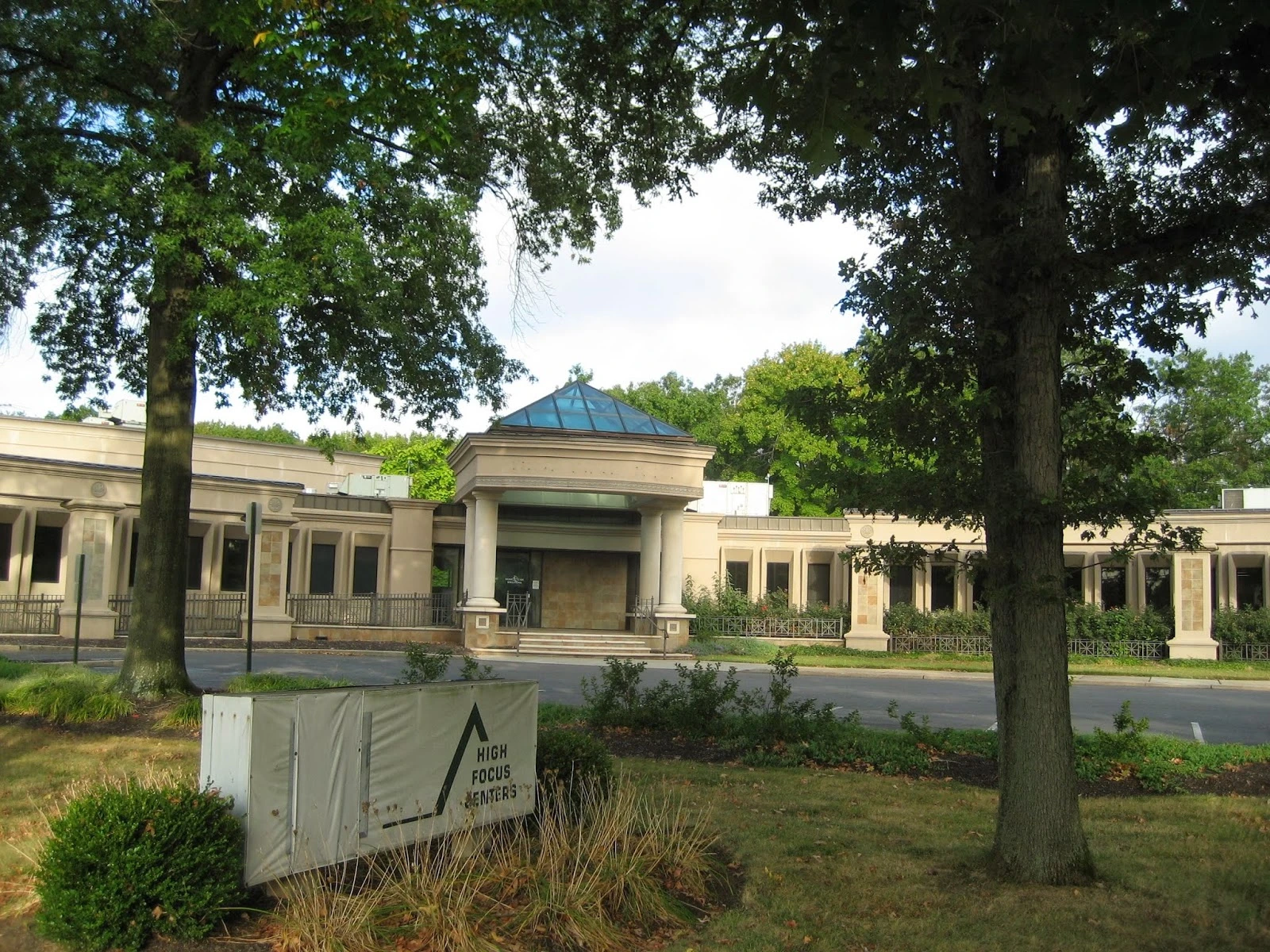Pyramid Healthcare - Pine Ridge Manor Halfway House for Men Information
Treatment
Who We Treat
- Male and Female
Treatment Focus
- Men
- Drug Addiction
- Sober Living
- Alcohol
Approaches
- 12-Step-Based
- Individual Treatment
- Evidence-Based
- Gender-Specific
- Twelve Step
- Group Therapy
- Holistic
- Acceptance and Commitment Therapy (ACT)
- Cognitive Behavioral Therapy (CBT)
- Dialectical Behavior Therapy (DBT)
- 1-on-1 Counseling
- Life Skills Training
- Relapse Prevention Counseling
Conditions We Treat
- Depression
- Anxiety
- Post Traumatic Stress Disorder (PTSD)
- Trauma
- Stress
- Co-Occurring Disorders
Substances We Treat
- Benzodiazepines
- Prescription Drugs
- Alcohol
- Heroin
- Cocaine
- MDMA/Ecstasy
- Synthetic Stimulants (Bath Salts)
- Ecstasy
- Psychedelics
- Synthetic Drugs
Languages
- English
Aftercare
- Discharge Planning
- Employment Counseling
- Employment/Vocational Counseling
- Support Meetings
Level of Care
- Co-Occurring Mental Health
- Sober Living
Experience
On-Site Amenities
- Outdoor Space
- Access to Nature
Special Considerations
- Gender-specific groups
Accreditations
-
Commission on Accreditation of Rehabilitation Facilities (CARF)
CARF accreditation is a globally recognized certification for rehabilitation and human service organizations. It signifies that an organization meets high-quality standards and is committed to providing top-level care. Achieving CARF accreditation involves a rigorous evaluation process, including on-site surveys. This accreditation enhances an organization's reputation, instills trust in clients and funders, and encourages ongoing excellence in the field.

Additional Locations
Pyramid Healthcare - Pine Ridge Manor Halfway House for Men Accepts The Following Insurance Plans
Find the best treatment options. Call our free and confidential helpline today!











